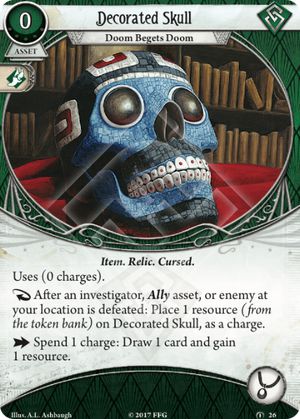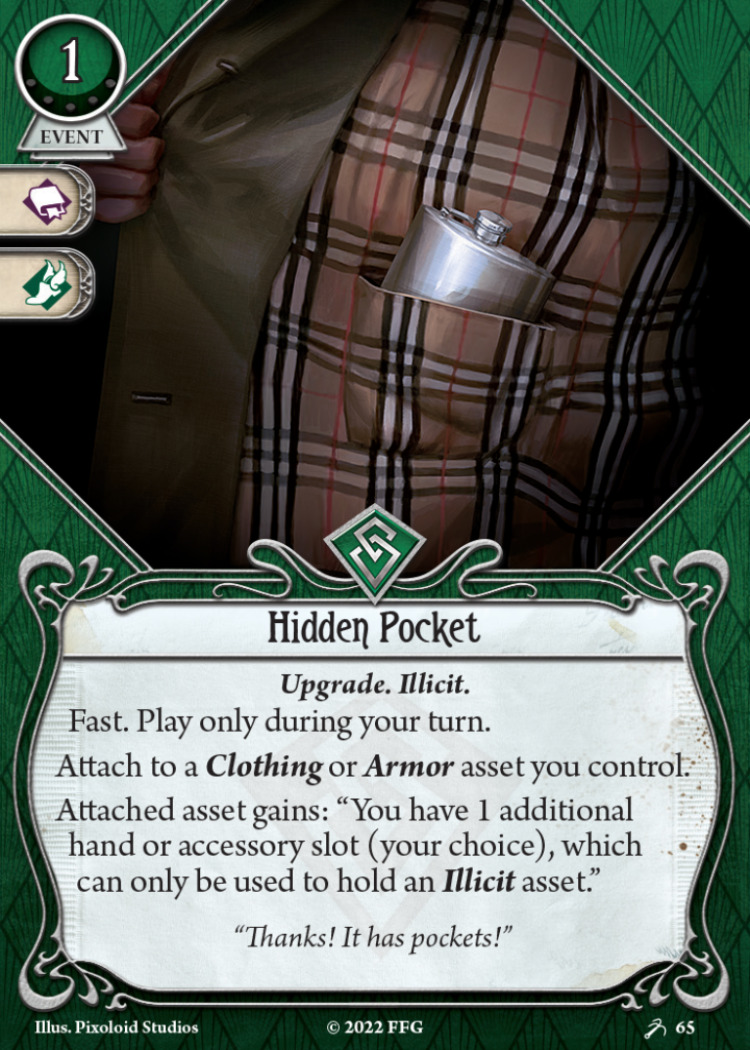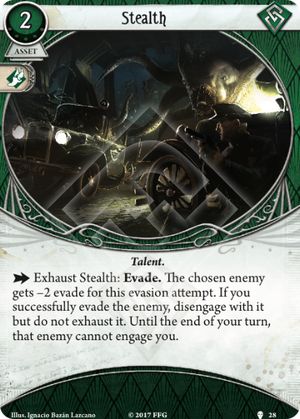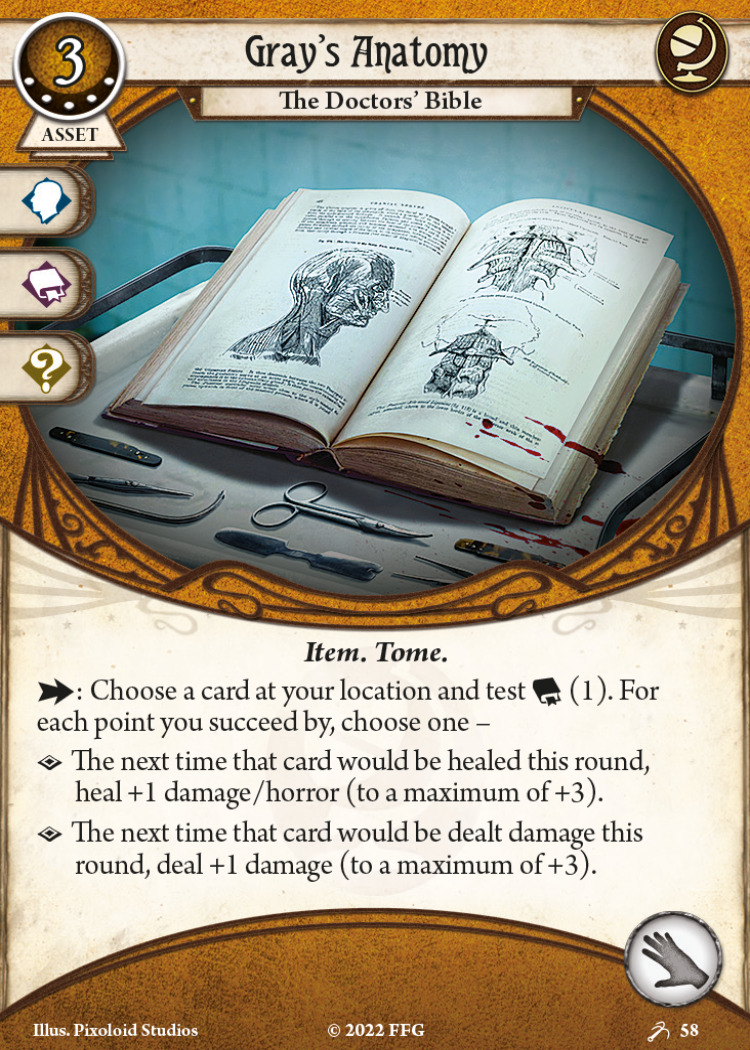
This is a neat card thematically, but let's do the math.
For the purposes of this, let's assume actions, cards and resources are an equivalent value, since you can always spend one action for one of either. They aren't, but weighting the value of actions and cards is even more unkind to the skull.
Playing this out costs one action and one card, starting you at a -2 deficit for no return. You have to do this early on, because things need to die around you before you can actually use it, and you can't guarantee when that will happen.
Clicking once costs one action for one resource and one card, so you're still at a net -1 deficit.
Clicking twice costs another action, so you've now broken even. You've now spent three actions and a card to gain two resources and two cards. That's equivalent to not playing the skull at all and simply clicking for the cards/resources, except with much less flexibility, and you're wasting your accessory slot for the privilege.
It's not until the third activation, requiring three dead enemies/allies and four invested actions to actually start to come out on top economically, and only barely. At that point you've heavily invested in improving your basic Get Resource/Draw Card action, something you (ideally) aren't actually using in the back half of the scenario.
That said, the upgraded version is phenomenal, if you can stomach 3xp. Assuming you can play it out and wait for three things to die around you (or two with Akachi), you can jump from a -2 deficit at install to a net +3 payoff on the first click. It even compares favorably to the elite ciggs, which continues to only draw one card/turn. It is a shame that 3xp prices it out of Leo or the ever-hilarious Bow Wendy decks, but Tony and Akachi can make great use of it.




